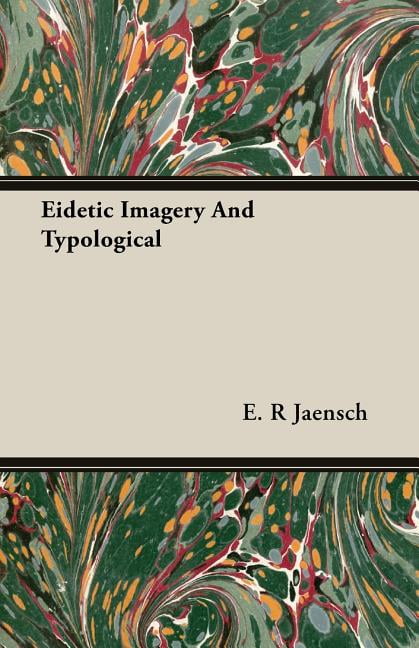

Paired-sample t-test revealed a significant difference between the pre-therapy and post-therapy scores of participants on ADAMS, with a large effect size ( d = 1.54). The statistical analysis of the pre-therapy and post-therapy scores of participants on the ADAMS was carried out to measure the therapeutic outcome. The Anxiety Depression and Mood Scale (ADAMS) was administered to the participants before the therapy started, after every 5 th session and once the therapy was terminated.

These services were contacted to recruit participants who had experiential (i.e., abuse, trauma etc.), emotional (i.e., bereavement, attachment problems), psychiatric (i.e., anxiety, depression) and behavioural (i.e., anger, aggression) problems and to seek consent from the potential participants. Participants were recruited from the services for people with ID. THE title of this book is somewhat misleading. It is proposed that eidetic imagery plays an essential role in early development and. There is evidence to controvert that argument and to support a theory of eidetic imagery as a qualitatively distinct phenomenon. The other group, the thinkers, pull it apart, kill it. The prehend reality as a whole, as a continuity, a complete living reality, without any divisions, without any separations. Between them there is a marked difference. In this study thirty participants with mild and moderate ID were recruited. Gray and Gummerman (1975) contended that eidetic imagery differs from visual-memory imagery only in quantitative aspects. As Pavlov (1936) remarked, there are two categories of peopleartists and thinkers.

This study investigates the clinical utility of therapeutic techniques based on eidetic imagery as developed by Ahsen and Syed. The literature review did not find any empirical study on eidetic imagery-based psychotherapy for people with ID except reviews and case histories. EMG is based on the theoretical tenets of eidetic psychotherapy of Akhter Ahsen, which uses eidetic imagery as its major therapeutic tool. Eidetic model of growth (EMG) is a form of psychotherapy developed for people with intellectual disabilities (ID).


 0 kommentar(er)
0 kommentar(er)
